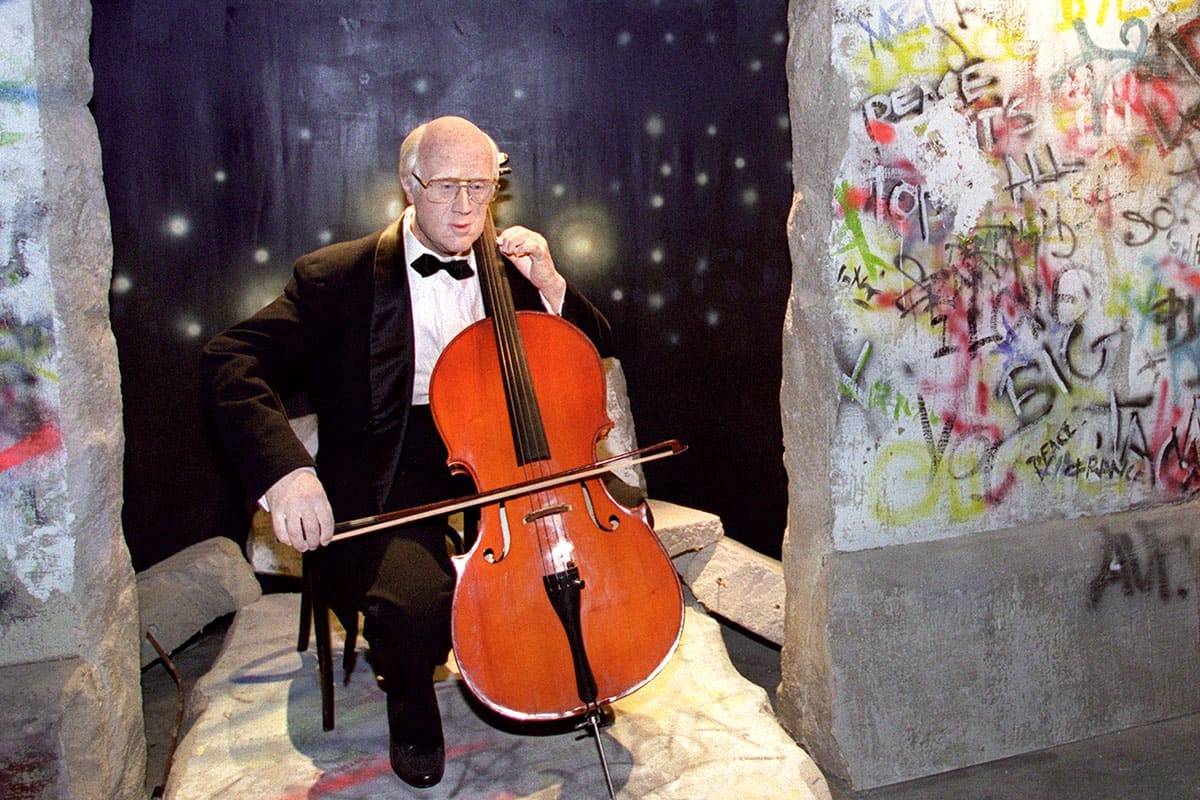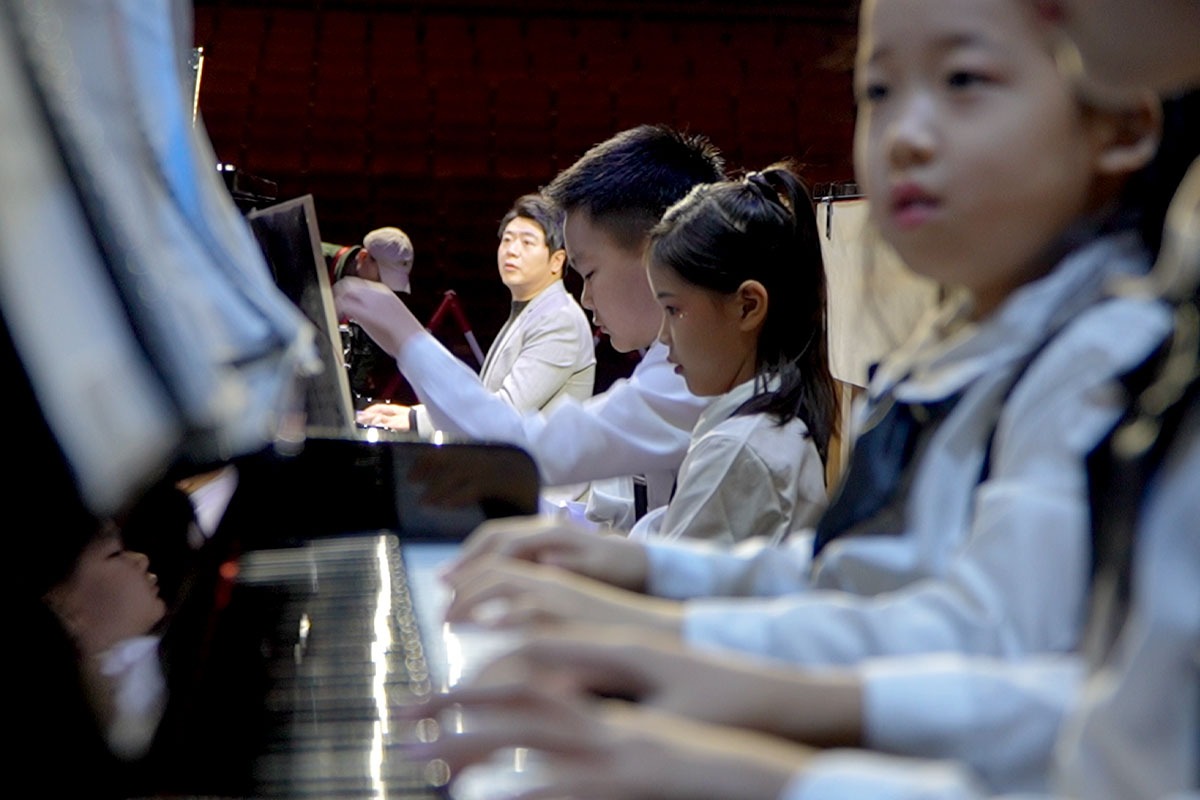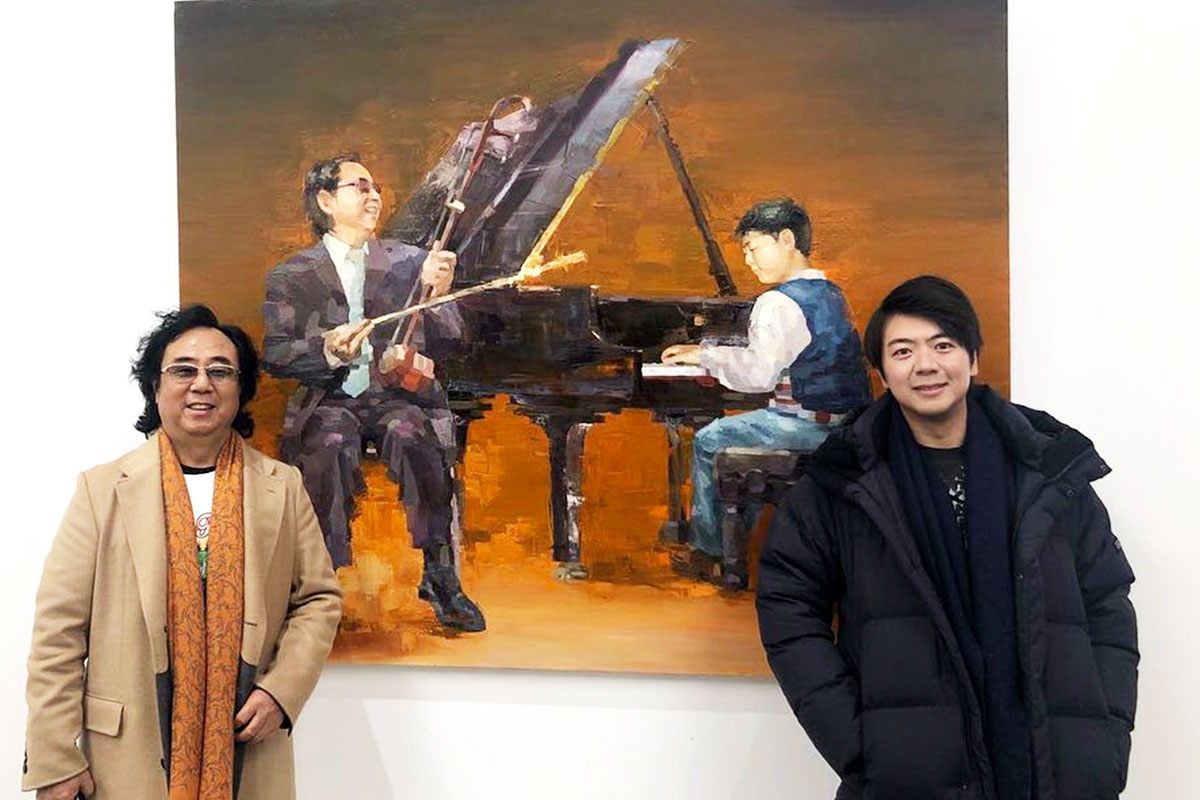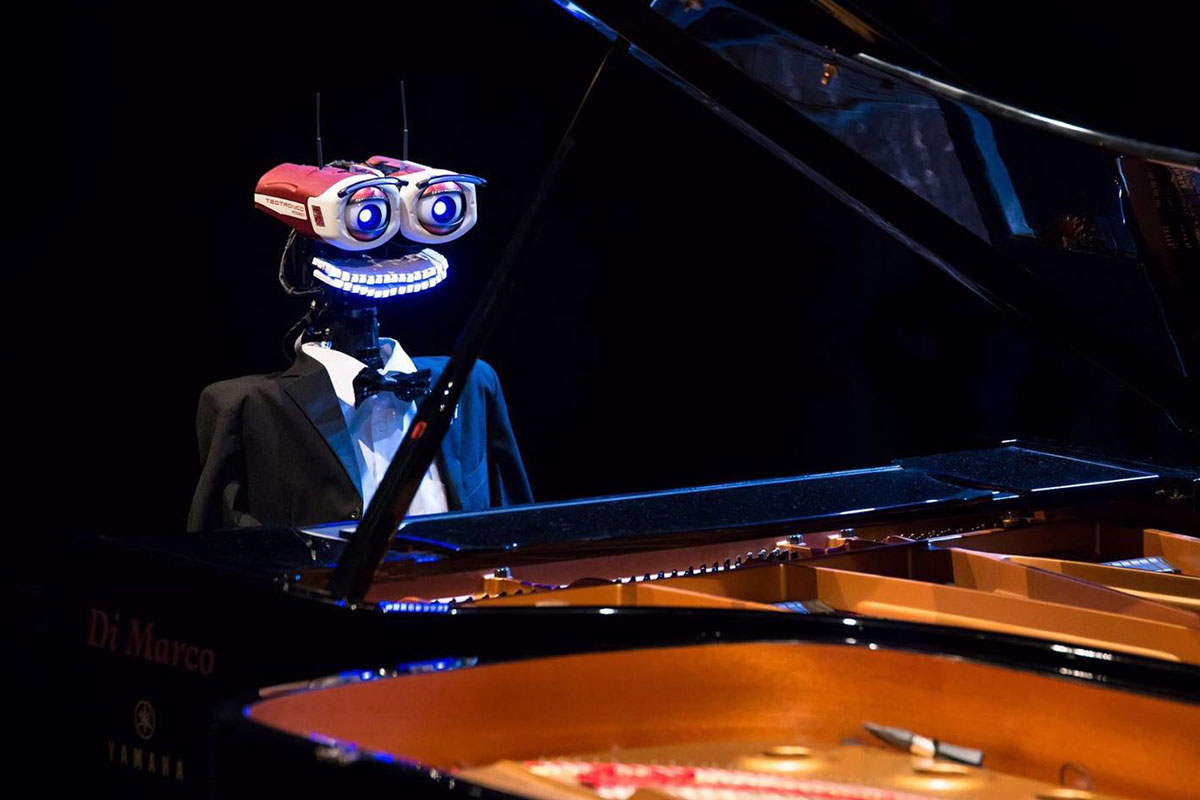We live in an era of information overload, where rapidly changing stimuli continually fragment our attention spans.Classical music, with its rigour and depth, will never be as accessible as pop music. Can it continue to hold universal value? Does it have a future?

Classical music is not a luxury; as part of humanity’s spiritual heritage, it offers a unique life experience that can bring joy or move people to tears. However, with the decline of the recording industry and an ageing audience, the future of classical music seems uncertain in a world saturated with “fast culture” catering to sensory demands.
In 2023, Swiss philosopher and sinologist Iso Kern asked if young people would still be interested in classical music in 20 years. It was a mindblowing question.
At the time, Lang Lang expressed great optimism, highlighting the enthusiasm and talent for classical music shown by young people in China and Asia. He argued that as long as classical music is performed well and properly, there will be no need to fear a lack of interest among young people. The pianist firmly believed that interest in classical music would not dwindle, nor would the classical music industry decline.
He said this not because he is a pianist, but because he has seen the awe inspired by countless classical concerts in audience members, the passion of numerous classical music enthusiasts, the success of many classical music compositions, and how classical music festivals and events continue to thrive.
One year on, during breaks in his rehearsals and performance in Tianjin, Lang Lang reiterates his confidence in the future of classical music.
Personally, I believe classical music will never disappear, but we can also do more. After all, classical music isn’t easy to understand, and the new generation of musicians has realised they can’t just focus on their performance alone — they need to spend time bridging the gap with their audience.
Lang LangPianist
"For example, my good friend Ray Chen has done many bold experiments on social media, which I find fascinating."
Ray Chen, a renowned Taiwanese-Australian violinist, is also an internet “funnyman” who frequently posts humorous videos on social media to help more people understand and fall in love with classical music. He has over a million followers on Instagram alone, combining artistry with mass appeal.
Since the advent of social media, classical music seems to have experienced a renaissance, allowing performers to build popularity quickly, step off their performing pedestal, actively break barriers, accelerate the dissemination of music, and find new growth opportunities for classical music.
According to the Sound of the Internet report published by royalty-free soundtrack provider Epidemic Sound, the global use of classical music surged by 90% in 2022 due to its popularity among content creators on YouTube, while its classical music titles saw 200 million plays on TikTok and other streaming media platforms.
This surge in interest has inspired Lang Lang — who currently has more than 16 million Weibo followers — to embrace social media trends. “I’m also creating my own vlogs now. I document every place I perform and edit several concerts together. In the past, I might have thought that just playing the piano was enough. But I now recognise that I have to master various forms of communication, and put some time and energy into sharing what I enjoy doing to get closer to the audience.”

Mightier than Armour
On 28 December 2024, the day before my interview with Lang Lang, Israeli forces raided the largest hospital in northern Gaza, forcing the evacuation of 15 critically ill patients and 50 caregivers whose lives were at risk.
The situation made me question if there was any meaning in discussing the future of classical music, in the face of war and death.

The Power of Music Education
Amid the chaos of an uncertain future, music education shines like a guiding light. This brings us to El Sistema, Venezuela’s music education programme that has created miracles.
What is "El Sistema"?Founded by Venezuelan educator José Antonio Abreu, El Sistema champions the idea that music can transform a child’s life, bring them spiritual enrichment and help them resist material poverty and overcome the harsh realities of life.

Happy Keys
It is well known that Lang Lang’s upbringing was strict, and his education rigorous. However, one of the main goals of the Keys of Joy programme he initiated is that “children are happy when practicing piano, and that the desire to play comes from within, rather than being forced to do so.”
What is the “Keys of Joy” programme?To fulfill Lang Lang’s commitment to ensuring that all children—regardless of their socioeconomic background—have access to quality education, he initiated the Keys of Joy programme. Over the decades, this initiative has brought music to many underprivileged children through the donation of pianos and the establishment of music classrooms.

Music vs AI
Classical music continues to spread and exert its influence and function today, even though it has been over 1,500 years since classical music first emerged during the Middle Ages.
But in the 21st century, where artificial intelligence is replacing many human functions, the critical question for classical music may no longer be whether young people will remain interested in it, but rather: will classical music lose out to AI?
"Future 365" 2024 series